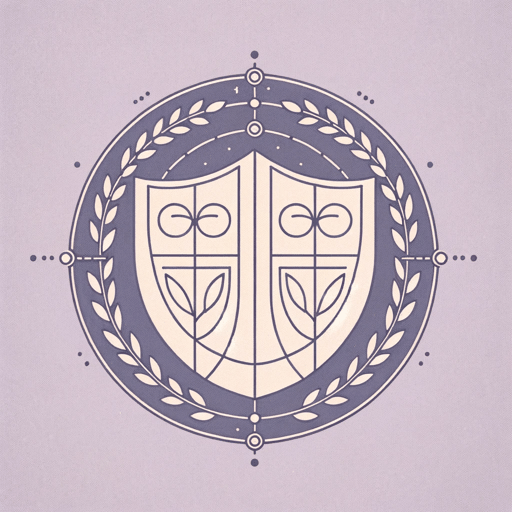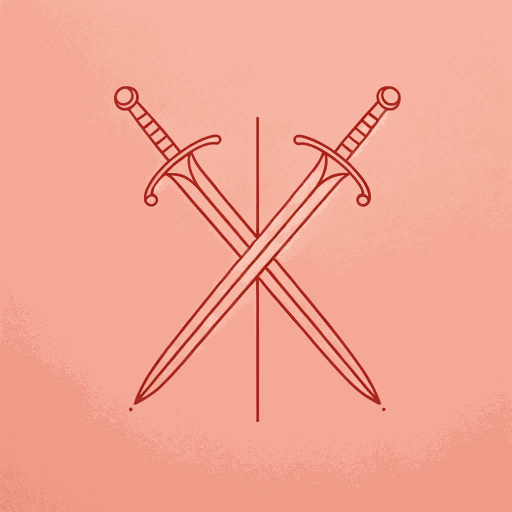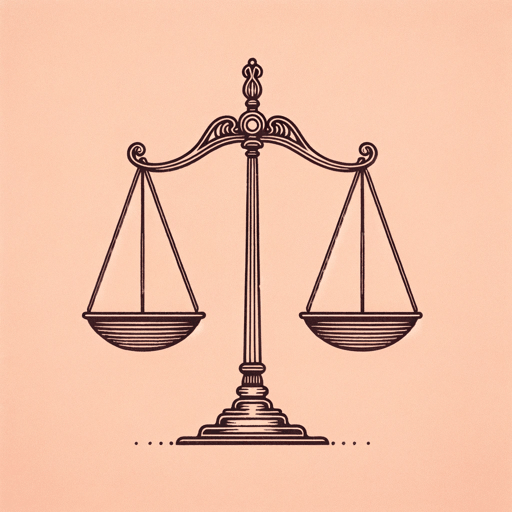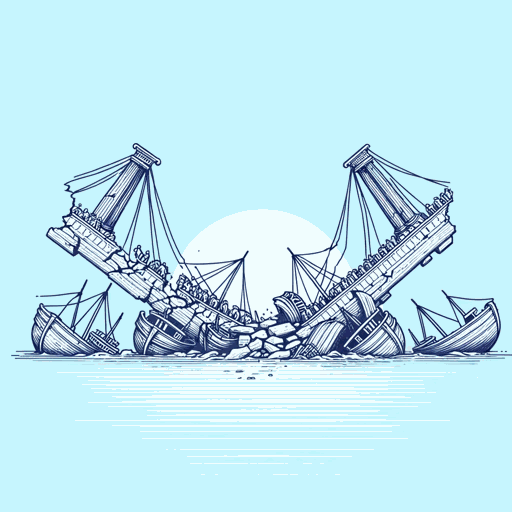39 pages • 1 hour read
AeschylusThe Seven against Thebes
Fiction | Play | Adult | Published in 467A modern alternative to SparkNotes and CliffsNotes, SuperSummary offers high-quality Study Guides with detailed chapter summaries and analysis of major themes, characters, and more.
Summary and Study Guide
Overview
Seven Against Thebes is a tragedy composed by Aeschylus and performed for the first time at the City Dionysia festival in 467 BCE. It was the final play of a connected trilogy based on the myths of Oedipus and his family, but the first two plays—Laius and Oedipus—are now lost, as is the satyr play Sphinx that would have been performed following the trilogy. This set of plays won first prize the year it was performed. Seven Against Thebes begins after the death of Oedipus and his mother-wife, Jocasta, and follows the bitter conflict between their sons, Eteocles and Polynices, as they fight over the throne of Thebes. The play explores the themes of The Horrors of War, The Hereditary Nature of Family Misfortune, and Human Agency Versus Divine Forces.
This study guide uses David Grene’s translation of the play from the third edition of the University of Chicago Press series The Complete Greek Tragedies (2013).
Content Warning: The source material of this study guide features references to murder, incest, and war.
Plot Summary
The play begins with a Prologue in which Eteocles, the king of Thebes, presses his people to defend their city from the invading army. A Messenger arrives to report that seven enemy heroes have taken their stand before the city. As Eteocles prays, the Chorus of Theban women sings in fear of the invaders.
Eteocles is annoyed by the Chorus, and in the first episode he orders them to stop spreading their panic to the citizens. The Chorus agrees to temper their prayers, though they continue to express their fears in the first stasimon, a stationary song performed by the Chorus.
In the second episode, often known as the “Shield Scene,” the Messenger reports the identities of the seven heroes attacking the seven gates of the city, describing each hero’s shield device. Eteocles listens to the Messenger, interprets each shield device, and decides on the most suitable Theban warrior to face each threat. At the seventh gate is Polynices, Eteocles’s brother, and Eteocles himself goes out to meet him in battle. The Chorus tries but fails to dissuade Eteocles from fighting against his own brother. As Eteocles leaves and the battle ensues, the Chorus sings the second stasimon, reflecting on the history of the Labdacids’ sins and on the curse Oedipus placed on his sons.
In the third episode, a Messenger arrives to announce that the Thebans have been victorious in battle and the enemy soundly defeated. Eteocles and Polynices, however, are both dead, having killed each other in single combat at the seventh gate. The Chorus sings the third stasimon, in which they mourn the deaths of Eteocles and Polynices as the fulfillment of the Curse of Oedipus.
In the final part of the play—usually thought to have been a much later interpolation—Antigone and Ismene, the sisters of Eteocles and Polynices, arrive on stage. The Chorus splits into two groups and sings a dirge for the dead brothers. A Herald arrives to announce an edict forbidding the burial of the traitor Polynices. Antigone, however, refuses to obey this edict and resolves to bury her brother. The Chorus again expresses sorrow for the misfortunes of Oedipus’s house.
Related Titles
By Aeschylus







